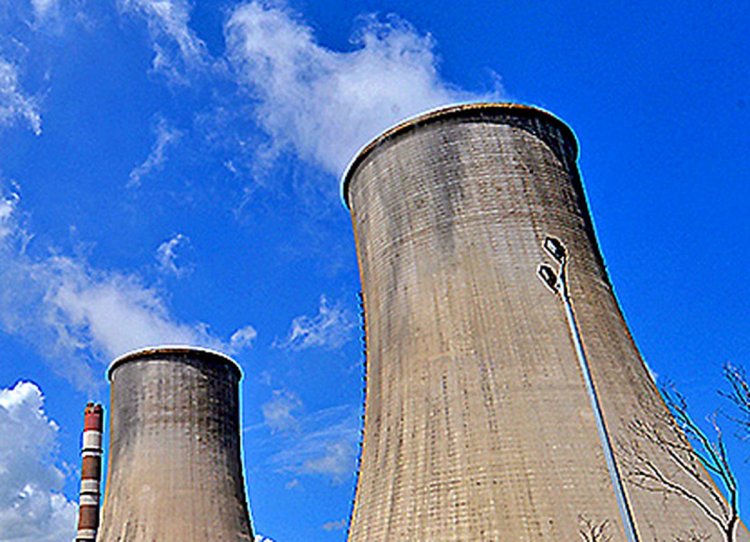Climate Goals: From Thermal to Nuclear Power
Asia News Agency

India is understood to be working on a plan to increase nuclear power production to supplement the renewable energy programme as it looks for ways to meet climate change targets. The policy interventions, writes Yogima Seth Sharma (journalist with the Economic Times and writes on Labour Ministry and NITI Aayog) “could include incentives for the private sector for setting up nuclear power plants in public-private partnership mode.”
Small modulate nuclear reactors (SMRs)
The thrust, write Sharma “will be on small modulate nuclear reactors (SMRs) that require less space at capital costs lower than traditional nuclear power plants.”
A policy is likely to be put in place soon to invite the private sector to set up these small nuclear power plants.
India currently operates 22 reactors totalling 6,780 MW and those under execution or accorded administrative approval and financial sanction will lift it to 22,480 MW by 2031.
SMRs have a power capacity of up to 300 MW(e) per unit, around one-third of standard nuclear power reactors. It takes five years to build such a plant.
The land requirement of nuclear power plants is the lowest of all sources of generation while that for biomass is the highest.
The Atomic Energy Act, 1962, explains Sharma “allows nuclear power plants to be established with the corporate sector as a junior equity partner through the supply of components, equipment and works contracts. In 2020, the government opened the atomic energy sector for private players in the areas of medicine, agriculture, and research.”
India's commitment to reduce carbon emissions
The decision to set up more nuclear power plants is in line with India's commitment to reduce carbon emissions by half, or one billion tonnes, by 2030 and become a net-zero emitter by 2070.
The government told the Lok Sabha Wednesday, that nuclear power is considered a cleaner form of energy with near-zero emissions. It can provide the country with clean baseload power and reduce dependence on coal and traditional sources of energy in the long run.
India has entered into uranium purchase agreements with Canada, Kazakhstan, Russia and Uzbekistan.
















